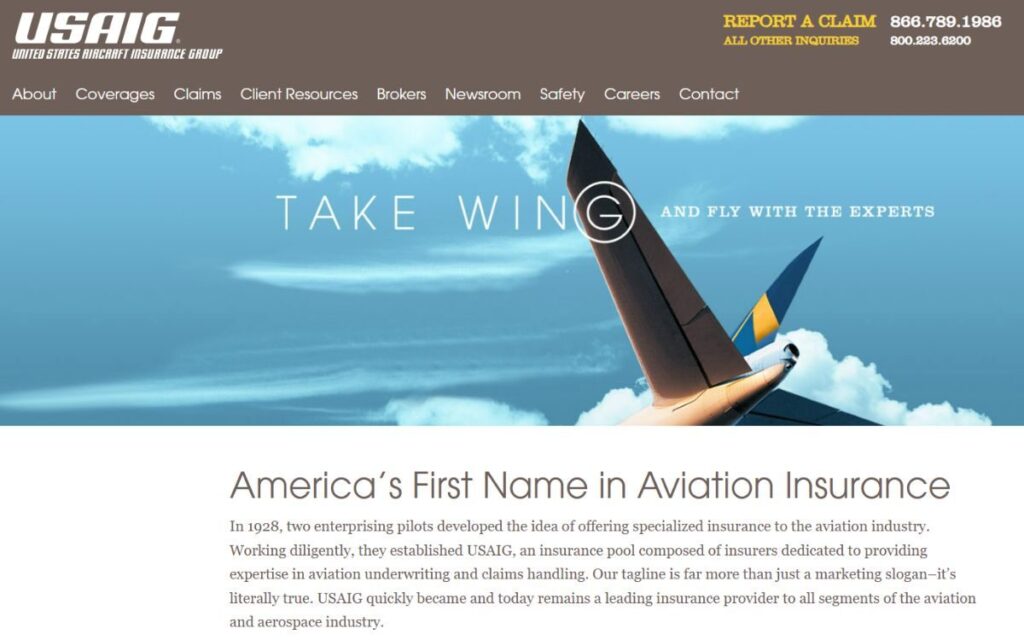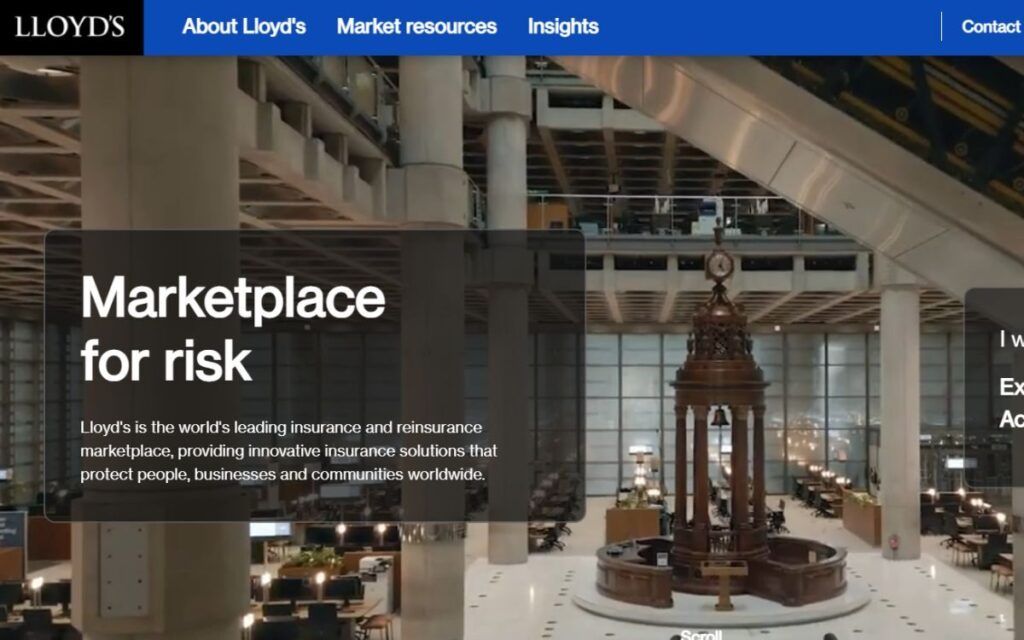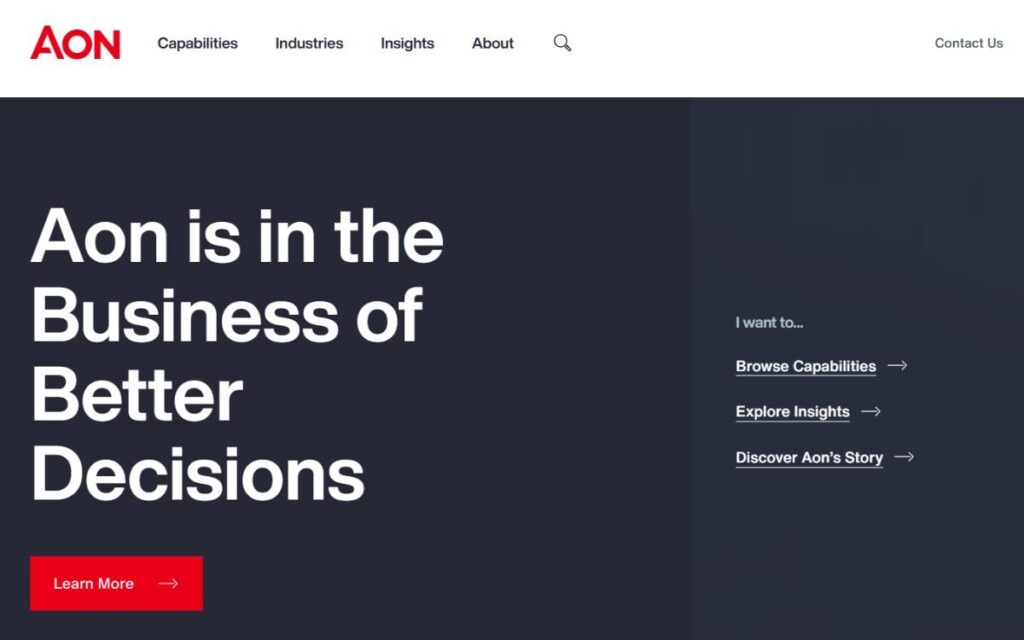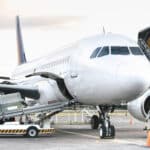Aviation is one of the most highly regulated and risk-sensitive industries in the world. Every commercial flight involves complex factors such as passenger safety, cargo handling, aircraft maintenance, and global operations across multiple jurisdictions.
With so many moving parts, the potential for loss is significant. Commercial Aviation Insurance was created to mitigate these risks, providing financial protection for airlines, charter operators, leasing companies, manufacturers, and service providers.
Without this specialized form of insurance, even a single accident or liability claim could jeopardize the survival of an airline or aviation business. From protecting fleets worth billions of dollars to safeguarding operators against third-party claims, aviation insurance is the financial backbone of global air transport.
Commercial Aviation Insurance Details
At its core, Commercial Aviation Insurance combines multiple layers of protection. Hull insurance covers physical damage to aircraft, whether in flight, during taxiing, or while parked on the apron. For operators, this coverage ensures that costly aircraft can be repaired or replaced without devastating financial consequences.
Another critical element is war risk insurance. Given the realities of modern geopolitics, aviation companies face exposure to terrorism, hijacking, and even conflict-related losses. These scenarios, though rare, carry catastrophic consequences that standard insurance policies may exclude. Dedicated war risk coverage ensures airlines can continue operating even in uncertain environments.
Crew protection and product liability also play key roles. Pilots and crew members must be covered in the event of injury, while manufacturers and maintenance organizations require protection against claims resulting from faulty parts or services.
Who Needs This Insurance?
The short answer is: everyone in the commercial aviation ecosystem. Airlines, whether they operate large fleets of passenger jets or smaller regional aircraft, need comprehensive coverage to protect both their assets and their passengers.
Leasing companies, which own thousands of aircraft globally and lease them to airlines, require hull and liability coverage to protect their investments. Manufacturers and maintenance providers need product liability insurance to defend against claims related to equipment defects or servicing errors.
Even airports and ground handlers fall under the umbrella of commercial aviation insurance, as they face exposure to accidents on the ground, property damage, or operational mishaps.
In essence, Commercial Aviation Insurance is not limited to those flying aircraft. Anyone involved in building, maintaining, operating, or managing the flow of aircraft and passengers benefits from specialized coverage tailored to their role.

List of Companies Offering the Service
1. USAIG
USAIG is one of the oldest aviation insurance providers in the United States, with a reputation built on decades of service to airlines, business aviation, and aerospace manufacturers. The company offers a wide range of coverage, from hull and liability protection to specialized risk solutions tailored to operators of all sizes.
USAIG is particularly recognized for its strong presence in the U.S. market, where it has become a trusted partner for both large carriers and smaller aviation businesses.
With a focus on reliability and consistent underwriting, USAIG provides the stability and expertise required in an industry where safety and financial resilience are paramount.
2. AIG (American International Group)
AIG stands out as a global powerhouse in Commercial Aviation Insurance, with operations spanning multiple continents and a client base that includes some of the world’s largest airlines. Its offerings cover all the essential areas-hull, liability, war risk, and crew protection-making it one of the most comprehensive providers in the market.
AIG’s international presence allows it to support operators with complex, multinational exposures, ensuring that coverage extends across jurisdictions without disruption.
Known for its financial strength and ability to manage large-scale risks, AIG remains a preferred insurer for operators who require both breadth of coverage and global expertise.
3. Tokio Marine HCC
Tokio Marine HCC brings Japanese precision and global financial strength to the aviation insurance sector. The company is well known for its focus on specialty markets, offering tailored solutions for both commercial and general aviation operators.
Tokio Marine HCC’s underwriting approach emphasizes flexibility, allowing them to design insurance programs that adapt to unique operational requirements. This makes them particularly attractive to operators who may not fit the standard profile of major airlines but still require comprehensive protection.
Backed by the Tokio Marine Group’s financial stability, the company continues to expand its presence as a reliable choice for specialized aviation coverage.

4. Lloyd’s of London
Lloyd’s of London operates as a marketplace rather than a single insurance company, offering access to a wide range of syndicates that underwrite aviation risks. This structure allows Lloyd’s to provide customized solutions for even the most complex or unusual insurance needs, from standard hull and liability coverage to highly specialized risks that other insurers may avoid.
Its long history in aviation has made Lloyd’s a hub for risk placement, attracting brokers and clients from around the world. With its flexibility, global reputation, and ability to assemble bespoke insurance packages, Lloyd’s remains a cornerstone of Commercial Aviation Insurance.
5. Allianz Commercial
Allianz Commercial combines the financial strength of the Allianz Group with deep expertise in the aviation sector. Its services cover airlines, airports, aerospace manufacturers, and maintenance organizations, providing everything from hull and liability coverage to risk consulting and claims management.
Allianz is recognized not only for its underwriting capacity but also for its commitment to long-term partnerships, supporting clients with guidance on safety and operational risk reduction. The company’s global footprint makes it an ideal choice for large-scale operators requiring consistent coverage across multiple regions.
With its blend of stability and industry insight, Allianz Commercial stands as a top-tier aviation insurer.
6. Swiss Re Corporate Solutions
Swiss Re Corporate Solutions leverages its reinsurance heritage to provide high-capacity insurance programs for the aviation industry. Specializing in large and complex risks, the company supports airlines, lessors, and aerospace firms with solutions that can span multiple countries and jurisdictions.
Its strength lies in combining financial stability with advanced risk modeling, enabling it to craft programs that meet the needs of multinational corporations.
For operators facing exposures that exceed traditional coverage limits, Swiss Re’s ability to design tailored solutions backed by global reinsurance expertise makes it a crucial player in the Commercial Aviation Insurance market.

Specialized Brokers
1. Aon
Aon is one of the largest global insurance brokers and a major force in aviation risk management. Rather than underwriting policies directly, Aon connects clients with insurers, negotiates terms, and designs programs that align with each operator’s unique risk profile.
The company’s scale and global network allow it to deliver competitive terms for airlines, airports, and aerospace firms of all sizes. With a dedicated aviation division, Aon provides clients with both market access and industry expertise.
2. Marsh
Marsh brings specialized knowledge and decades of experience to aviation insurance brokerage. Its dedicated aviation and aerospace team supports a diverse client base, from global airlines to regional airports and maintenance providers.
Marsh is known for its strong relationships with underwriters, which enables it to negotiate favorable terms and comprehensive policies for its clients. Beyond placement, Marsh also provides strategic advice on risk management, helping operators anticipate challenges and strengthen resilience.
Its international reach makes it a go-to broker for aviation companies with global operations.
3. Willis Towers Watson (WTW)
Willis Towers Watson combines global scale with a data-driven approach to aviation insurance. The company is recognized for blending traditional insurance placement with advanced risk analysis, giving clients insight into how to better manage exposures.
WTW’s aviation team works with airlines, manufacturers, and service providers, ensuring that coverage reflects not only regulatory requirements but also broader business risks.
By integrating consulting with brokerage, WTW positions itself as more than a middleman, offering long-term strategic value to aviation clients navigating complex operational environments.
4. Gallagher
Gallagher has built a strong reputation in aviation brokerage, particularly among regional airlines, charter operators, and business aviation clients. The company emphasizes close client relationships, working to understand the operational realities of smaller and mid-sized operators. Gallagher’s strength lies in its ability to provide practical solutions that balance affordability with comprehensive coverage.
Its aviation team has developed strong market connections, enabling it to place risks effectively while offering clients guidance on managing exposures. For businesses seeking a hands-on and accessible partner, Gallagher is a trusted choice in the aviation brokerage sector.

Comparative Analysis
When comparing these providers, it becomes clear that both insurers and brokers bring distinct strengths to the table. Insurers like USAIG, AIG, Allianz, and Swiss Re are directly responsible for underwriting risks and providing the financial capital that backs policies.
Brokers, on the other hand, act as intermediaries who advocate on behalf of clients. They bring deep sector knowledge and use their networks to secure the best deals. For example, Aon and Marsh often handle multinational airlines seeking tailored coverage across jurisdictions, while Gallagher and WTW may focus more on business aviation or mid-sized operators.
The choice between going directly to an insurer or working through a broker often depends on the complexity of the operator’s risk profile and their need for customized solutions.
Conclusion
Commercial Aviation Insurance is the invisible force that supports the aviation industry. From major carriers with global networks to regional charter operators and cargo companies, every player depends on insurance to protect against risks that are both unavoidable and potentially devastating.
Insurers like USAIG, AIG, Allianz, and Swiss Re provide the financial muscle, while brokers such as Aon, Marsh, WTW, and Gallagher ensure clients get the most suitable coverage. Together, they form the framework that allows aviation to thrive in a world where safety, reliability, and financial resilience are paramount.
Frequently Asked Questions
Q.1 What is Commercial Aviation Insurance?
Answer: It is a specialized form of insurance designed to cover risks associated with commercial flight operations, including aircraft damage, passenger liability, cargo loss, and third-party claims.
Q.2 Is aviation insurance mandatory?
Answer: Yes. Regulatory authorities worldwide require operators to maintain sufficient insurance before they are permitted to operate flights. This ensures both financial responsibility and passenger protection.
Q.3 How are premiums calculated?
Answer: Premiums vary depending on factors such as fleet size, aircraft type, routes flown, safety record, and loss history. Operators with strong safety standards and limited exposure may pay less than those with riskier profiles.
Q.4 Do charter operators and airlines need the same insurance?
Answer: While the categories of coverage are similar, the scale differs. Charter operators may require smaller policies, but liability and hull coverage remain essential regardless of fleet size.
Q.5 Why use a broker instead of going directly to an insurer?
Answer: Brokers bring market expertise and negotiating power. They can access multiple insurers, compare terms, and secure coverage tailored to the client’s operations. For complex businesses, a broker ensures no gaps in coverage.
Authors
-
Radu Balas: Author
Pioneering the intersection of technology and aviation, Radu transforms complex industry insights into actionable intelligence. With a decade of aerospace experience, he's not just observing the industry—he's actively shaping its future narrative through The Flying Engineer.
View all posts Founder
-
Cristina Danilet: Reviewer
A meticulous selector of top-tier aviation services, Cristina acts as the critical filter between exceptional companies and industry professionals. Her keen eye ensures that only the most innovative and reliable services find a home on The Flying Engineer platform.
View all posts Marketing Manager
-
Marius Stefan: Editor
The creative force behind The Flying Engineer's digital landscape, meticulously crafting the website's structure, navigation, and user experience. He ensures that every click, scroll, and interaction tells a compelling story about aviation, making complex information intuitive and engaging.
View all posts Digital Design Strategist


















